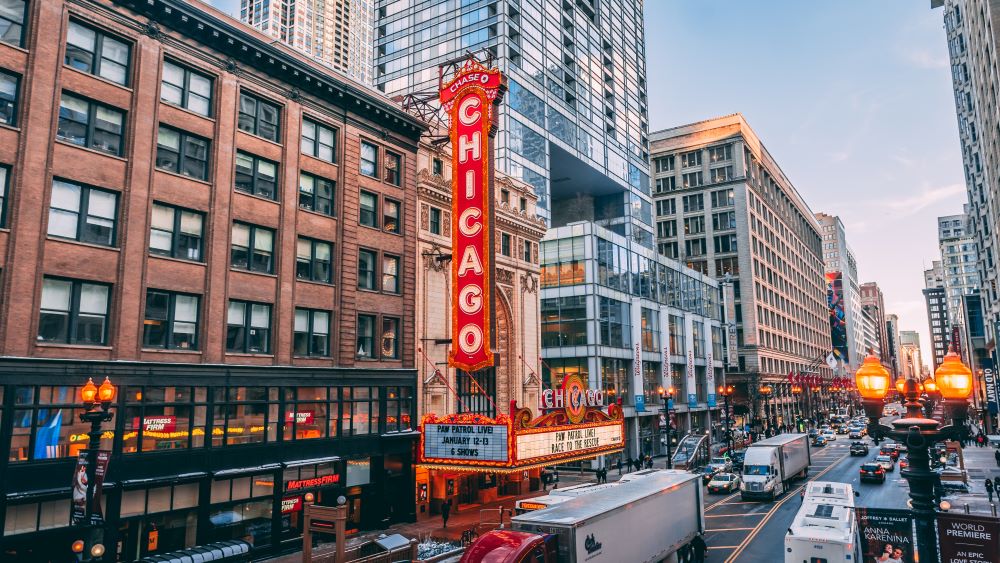The future of smart cities is promising, with technology playing a bigger role in urban development.
A smart city is a framework, predominantly composed of Information and Communication Technologies (ICT), to develop, deploy and promote sustainable development practices to address growing urbanization challenges. A big part of this ICT framework is essentially an intelligent network of connected objects and machines transmitting data using wireless technology and the cloud.
Managing Traffic in Smart Cities: The Chicago Example
Smart cities present innovative ways to manage traffic congestion, and Chicago serves as a prime example of these advancements. Utilizing intelligent transport systems, Chicago has made strides towards improving its traffic conditions. This includes the use of sensors, AI, and data analytics to monitor traffic flow and adjust signal timings accordingly. Traffic management centers collect data in real time from a variety of sources like cameras, inductive-loop traffic detectors, and GPS systems in city vehicles to provide a comprehensive picture of the city’s traffic situation. Additionally, Chicago has adopted the use of smart parking solutions. Through an app, drivers can find and pay for parking, reducing the time spent searching for a spot and consequently easing traffic congestion. Furthermore, the city promotes carpooling and cycling, supported by well-developed infrastructure, to reduce the number of vehicles on the road. These initiatives demonstrate how technology can be harnessed to tackle traffic in urban environments, contributing to the broader goals of a smart city.
Andrew Kryder, founding partner of The Kryder Law Group, LLC Accident and Injury Lawyers and a Chicago car accident lawyer with over 20 years of experience helping accident victims, explains, “The adoption of smart technology in traffic management is not just a trend; it’s a necessity. The innovative use of data analytics, AI, and sensors in managing traffic flow, timing signals, and even finding parking spaces, can significantly reduce the risk of traffic accidents and enhance the overall safety of the city’s roadways.”
The Impact on Infrastructure
Advanced infrastructure is a crucial component in these smart cities, paving the way for new technological developments. This includes high-speed, reliable internet access, smart grids for electricity, and sustainable practices for waste management. The advent of 5G is a game-changer for making cities smarter, allowing for faster data transfer and the ability to connect more devices simultaneously.
Enhancing Public Services
The concept of smart cities extends beyond infrastructure. It also involves using technology to improve public services. For instance, real-time data can help manage city services more efficiently, reducing costs, and improving residents’ quality of life. This could include anything from real-time public transit updates to smart trash collection.
Smart Cities and Sustainability

Another critical aspect of smart cities is sustainability. With an increasing emphasis on reducing carbon footprint, smart cities are leveraging technology like renewable energy resources, electric vehicles, and smart buildings that use energy more efficiently. This not only makes for a healthier environment but also significant long-term cost savings.
The Role of IoT in Smart Cities
In the heart of a smart city lies the Internet of Things (IoT). The ability of devices, from street lights to garbage bins, to send and receive data makes a city “smart.” With the help of IoT, cities can gather critical data, analyze it, and use it to automate and improve city services.
The Future of Smart Cities
The future of smart cities is promising, with technology playing a bigger role in urban development. With advancements in AI, machine learning, and big data, cities will become more responsive to residents’ needs, creating a more inclusive and sustainable urban environment. However, it will require careful planning and regulation to ensure that smart city technologies are used in a way that benefits all residents.


Join the conversation!